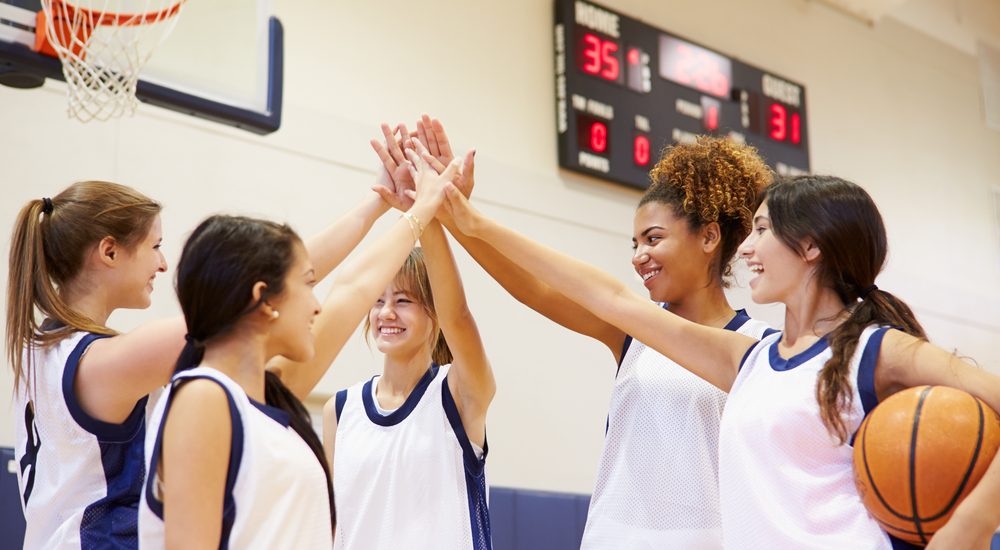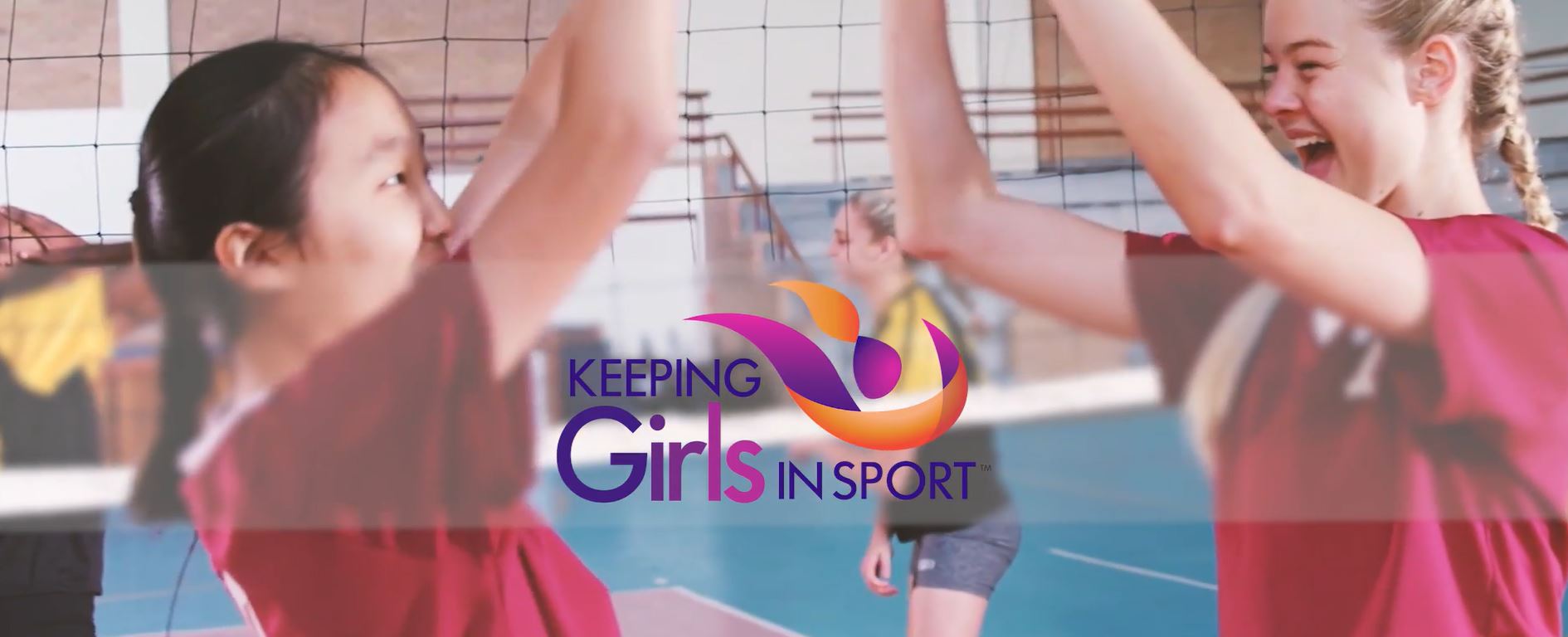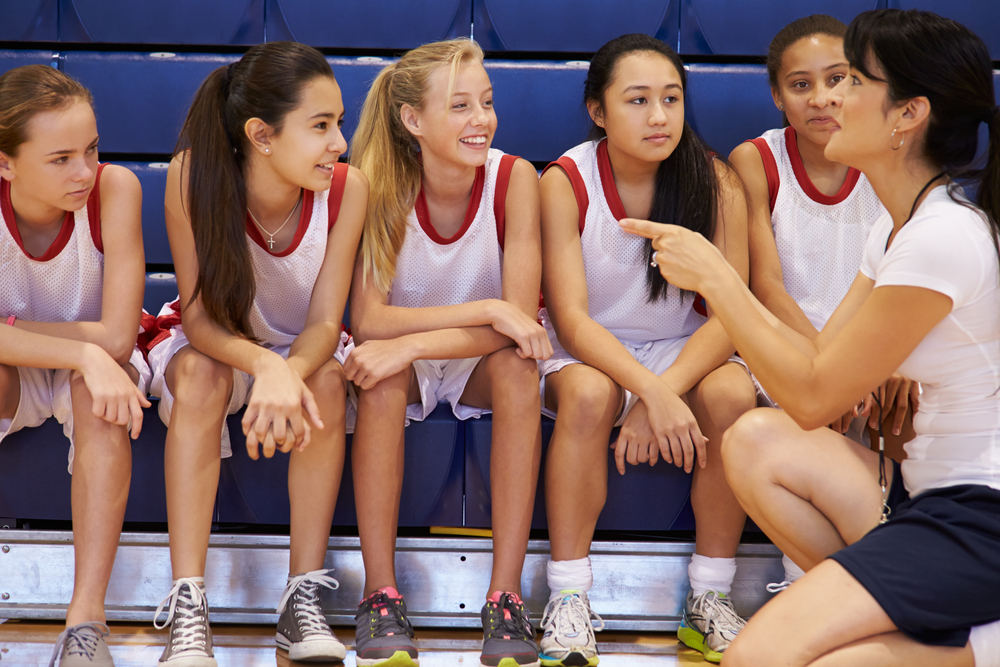
Keeping Girls in Sport: An Overview on Girl’s Sport Participation.
Women and girls want to play sports. They are passionate, driven, and dedicated to the activities they love. It is our responsibility as a community to ensure they have the right environment, tools and resources to enjoy their sport and to stay active for life.
It is proven that sports improve the physical, mental, and emotional well-being of people. Despite all the benefits, girls are leaving sport at a young age and rarely pursue this into adulthood. By thirteen, 70% of kids leave sport. Girls drop out of sport at twice the rate of boys. An alarming one in three Canadian girls leave sport in their adolescence.
According to the World Health Organization, only 15% of girls meet the 60 minutes of recommended moderate to vigorous activity. Less than 20% of Canadian Women aged 16-63 participate in sport (Canadian Women Sport, 2020). These inequalities are also reflected in stakeholders and staff members involved in sport.
So, what is stopping girls from continuing an active lifestyle and how can we help fix this?
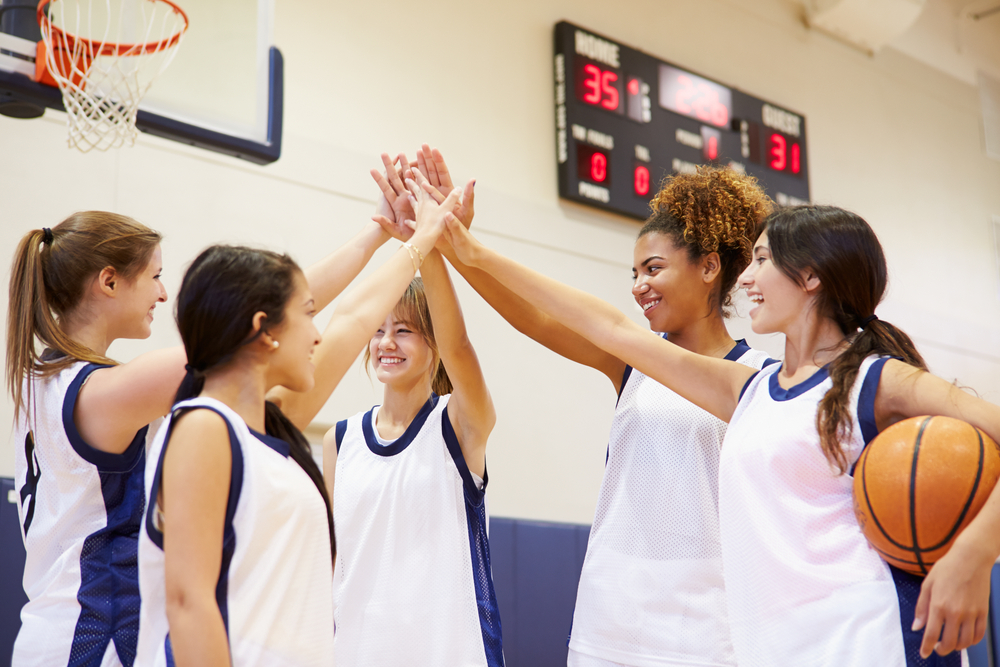 The problem isn’t persuading girls to be active; they already want to be. We need to provide girls with relevant opportunities and resources to play and find viable solutions that will help keep them in the game and active for life.
The problem isn’t persuading girls to be active; they already want to be. We need to provide girls with relevant opportunities and resources to play and find viable solutions that will help keep them in the game and active for life.
Luckily, we can all help change these statistics and play a dynamic role in supporting quality sporting opportunities for girls by understanding why girls drop out of sport.
Lack of access to sport is one of the main reasons why girls are not involved or don’t remain active. Limited opportunities to play on school teams or in free community organizations means that girls have to look elsewhere which is usually not cost friendly. The cost of sport and physical activity is a great barrier in accessing physical wellness.
Girls also leave sport due to the lack of fun or decreased quality experience. The facilities may be subpar, lack of resources and tools to support their development in their sport, negative environment with unrealistic expectations, and they may not be in an optimal environment to grow with quality trained coaches. This ultimately leads to sport and activity not being desirable anymore.
Moreover, there are social pressures, gender stereotypes, lack of diversity and inclusivity and sometimes negative connotations associated with girls that compete in sport. Girls are also often hesitant to compete in sport or be physically active because they may lack the confidence to move athletically or are afraid they will be judged based on their body image. The social pressure of what a girl should look like in sport can dismay girls from even being involved.
As a community we need to first help build girls’ confidence in order for them to enjoy their experience. Physical literacy is the fundamental movement skills that help kids be confident to participate in activities. When kids are confident in the games they enjoy, they will look to further improve their skillset leading to greater conviction in their abilities.
Girls need opportunities to compete in sport at school, their communities and the public sphere. However, girls will only remain in sport if they are in an environment that is safe, accessible, and inclusive. They need to feel valued and appreciated in order to continue to be involved in activities. Furthermore, their individual, cultural and religious needs must also be accommodated and welcomed if we want to achieve the full participation of women and girls in sport. Sport and physical activity are for all; therefore, we must ensure everyone feels a sense of belonging.
We all truly want girls to stay involved in sport and continue their passion. Through sport, girls learn critical life skills such as leadership,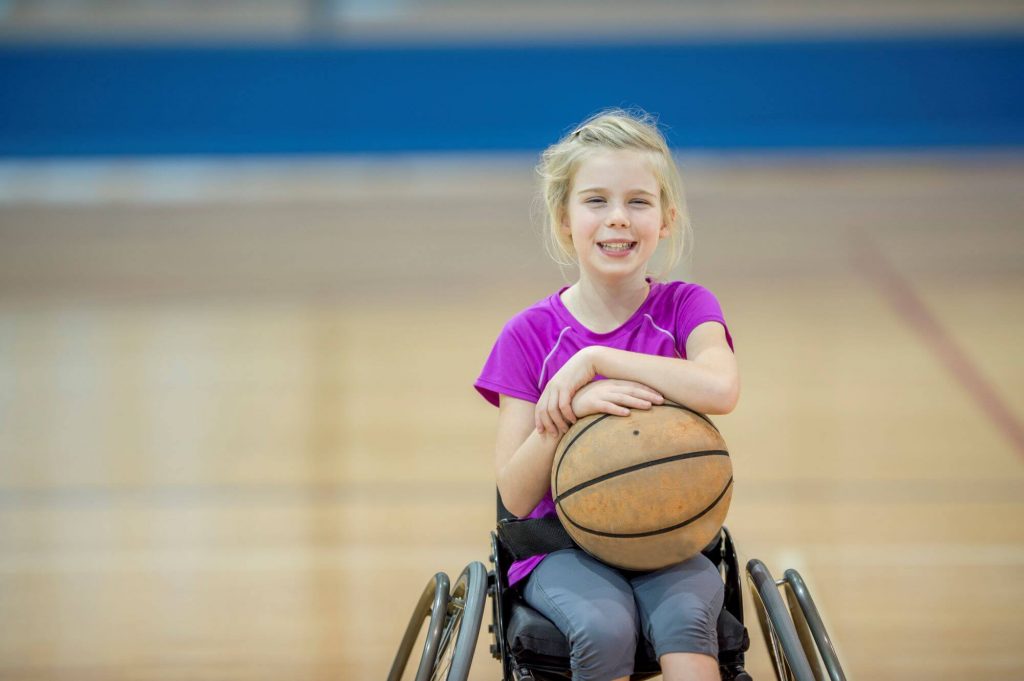 time management, teamwork, and confidence that can be transferred to any environment. It also allows them to be positive role models for future generations of young girls.
time management, teamwork, and confidence that can be transferred to any environment. It also allows them to be positive role models for future generations of young girls.
The progression of girls’ sport is contingent on dismantling structural issues, programming availability, equitable opportunities, building sustainable solutions and educating our communities on the importance of girls’ participation in sport.
Supporting girls to be active is a community wide responsibility. In response to the concerns of why girls aren’t participating in sport and activity and the high drop-out rates, Respect Group developed “Keeping Girls in Sport”. This unique program was created to help everyone who coaches girls understand how they develop physically, mentally, socially, and emotionally. When we understand how and why girls play, we can help every young athlete stay in sport, reach their potential, and remain active long after the competitions end. Finally becoming the next generation of inspiring female coaches and role models.
We all play an integral role in advancing opportunities for women and girls. Let’s take action and be a part of the change we want to see.
References:
Canadian Centre for Ethics in Sport CCES (2022). Power of Sport: The True Sport Report 2022. https://cces.ca/sites/default/files/content/docs/pdf/cces-true-sport-report-2022-acc-eng.pdf (accessed October 5, 2022)
Canadian Women Sport (2020a). The Rally Report: Encouraging Action to Improve Sport for Women and Girls. Available online at: https://womenandsport.ca/wp-content/uploads/2020/06/Canadian-Women-Sport_The-Rally-Report.pdf (accessed October 5, 2022)
Canadian Women Sport (2020b). The Rally Report: Encouraging Action to Improve Sport for Women and Girls. Available online at: https://womenandsport.ca/wp-content/uploads/2020/06/Canadian-Women-Sport_The-Rally-Report.pdf (October 5, 2022)
Government of Canada (2009). Actively Engaged: A Policy on Sport for Women and Girls. Available online at: https://www.canada.ca/en/canadian-heritage/services/sport-policies-acts-regulations/policy-actively-engaged-women-girls.html (October 5, 2022)
Government of Canada (2019). Working Group on Gender Equity in Sport of the Minister of Science and Sport. https://www.canada.ca/en/canadian-heritage/services/working-group-gender-equity.html (accessed October 5, 2022)
Rich KA, Moore E, Boggs J and Pegoraro A (2022) Mapping Women’s Community Sport Participation to Inform Sport Develop Initiatives: A Case Study of Row Ontario. Front. Sports Act. Living 4:836525.doi: 10.3389/fspor.2022.836525
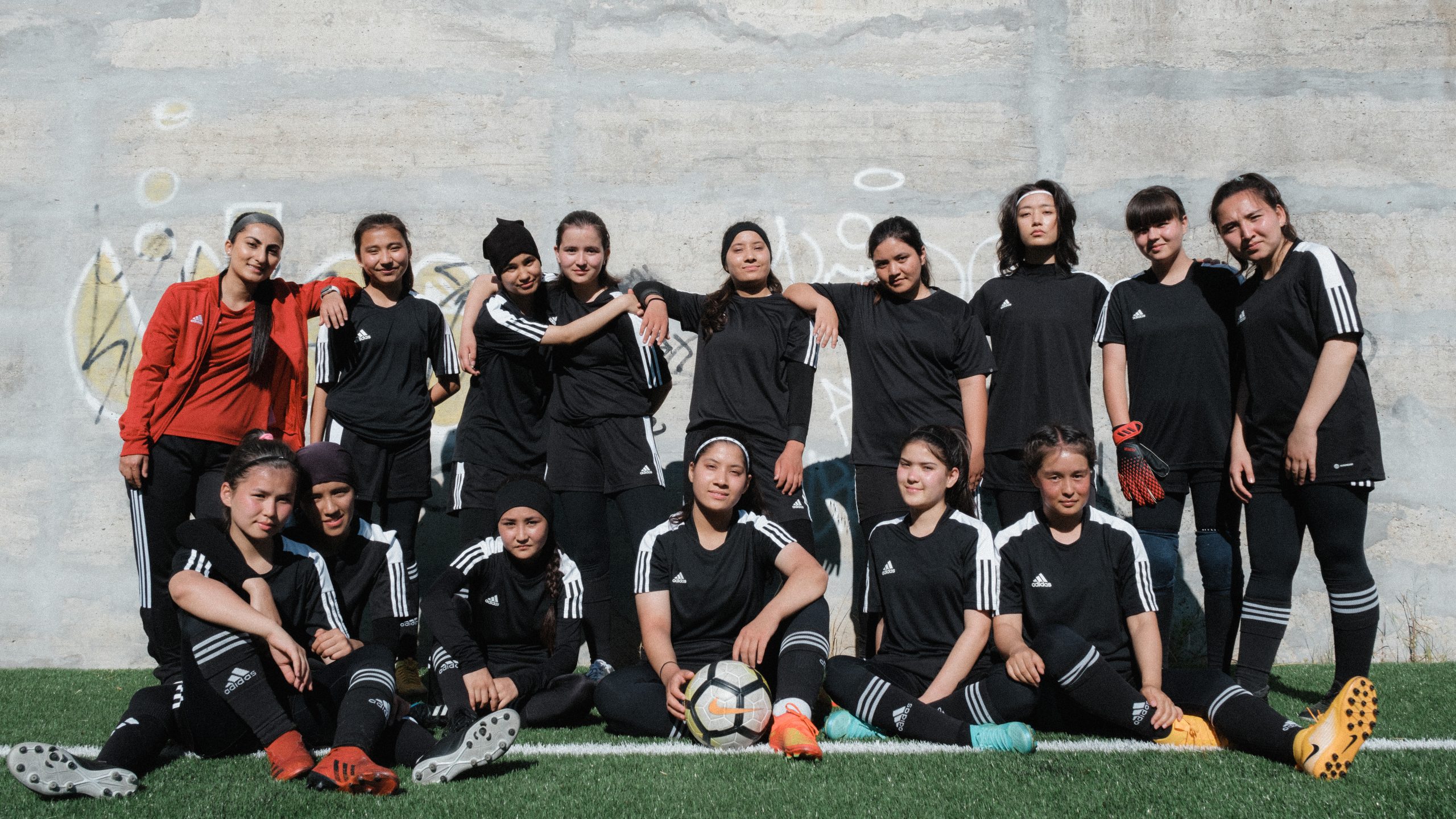
 the team found solace and a profound sense of unity within their ranks. Their shared experiences in the face of adversity only strengthened their bonds.
the team found solace and a profound sense of unity within their ranks. Their shared experiences in the face of adversity only strengthened their bonds.

 The problem isn’t persuading girls to be active; they already want to be. We need to provide girls with relevant opportunities and resources to play and find viable solutions that will help keep them in the game and active for life.
The problem isn’t persuading girls to be active; they already want to be. We need to provide girls with relevant opportunities and resources to play and find viable solutions that will help keep them in the game and active for life. time management, teamwork, and confidence that can be transferred to any environment. It also allows them to be positive role models for future generations of young girls.
time management, teamwork, and confidence that can be transferred to any environment. It also allows them to be positive role models for future generations of young girls.